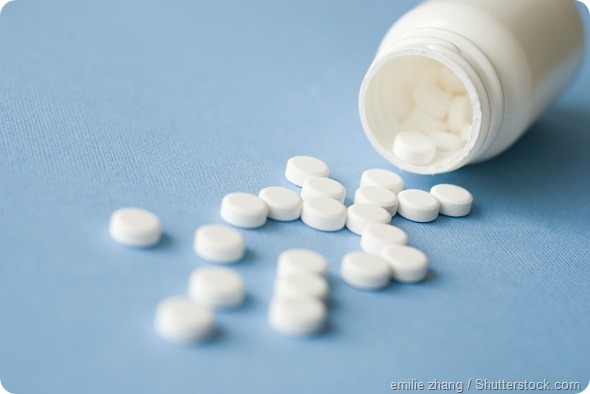Levetiracetam manufactured using three-dimensional (3D) printing has been approved by the US Food and Drug Administration (FDA) for the treatment of epilepsy.
Levetiracetam is an anticonvulsant medication used to treat epilepsy. It has been marketed as Keppra® since 2008. Aprecia Pharmaceuticals Company has now produced a porous formulation of levetiracetam (SPRITAM®) that rapidly disperses in a sip of liquid. This has been achieved through 3D printing using their proprietary ZipDose® Technology platform. SPRITAM® is expected to be available in the first quarter of 2016.

Chief Executive Officer of Aprecia, Don Wetherhold, commented:
By combining 3DP technology with a highly-prescribed epilepsy treatment, SPRITAM is designed to fill a need for patients who struggle with their current medication experience…This is the first in a line of central nervous system products Aprecia plans to introduce as part of our commitment to transform the way patients experience taking medication.”
3D printing uses a series of processes to make 3D solid objects from a digital file; successive layers of material are laid down under computer control until the entire object is created. 3D printing is widely used for the rapid manufacture of component parts, eg, in the aviation industry, and has also been used to produce medical implants and prosthetics. This, however, is the first time a 3D-printed drug product has been approved by the FDA.
Aprecia’s ZipDose Technology means that high strength levetiracetam can be produced as a single dose. This means that doses of up to 1000mg can be taken with just a sip of liquid so there is no need to struggle swallowing several tablets. Each dose is individually packaged, making it easy to manage and transport.
In order to maintain control of epilepsy, it is important that patients routinely take their medication as prescribed. Patients who miss doses of their anticonvulsant treatment are more likely to have a breakthrough seizure. A survey of patients with epilepsy reported that 71% had forgotten, missed or skipped a dose of anticonvulsant medication at some time, and almost half had experienced a seizure after missing a dose (Cramer et al. 2002).
Neurologist, Marvin H. Rorick III, MD welcomed the simplified option to help patients take their medication as prescribed:
In my experience, patients and caregivers often have difficulty following a treatment regimen. Whether they are dealing with a swallowing disorder or the daily struggle of getting a child to take his or her medication, adherence can be a challenge.”
With around three million people in the United States having active epilepsy, facilitating adherence with anticonvulsant treatment is likely to have wide-reaching benefits.
Sources:
Aprecia press release 3 August 2015. Available at: https://www.aprecia.com/
Cramer et al. The relationship between poor medication compliance and seizures. Epilepsy and Behavior 2002;3(4):338‑342.